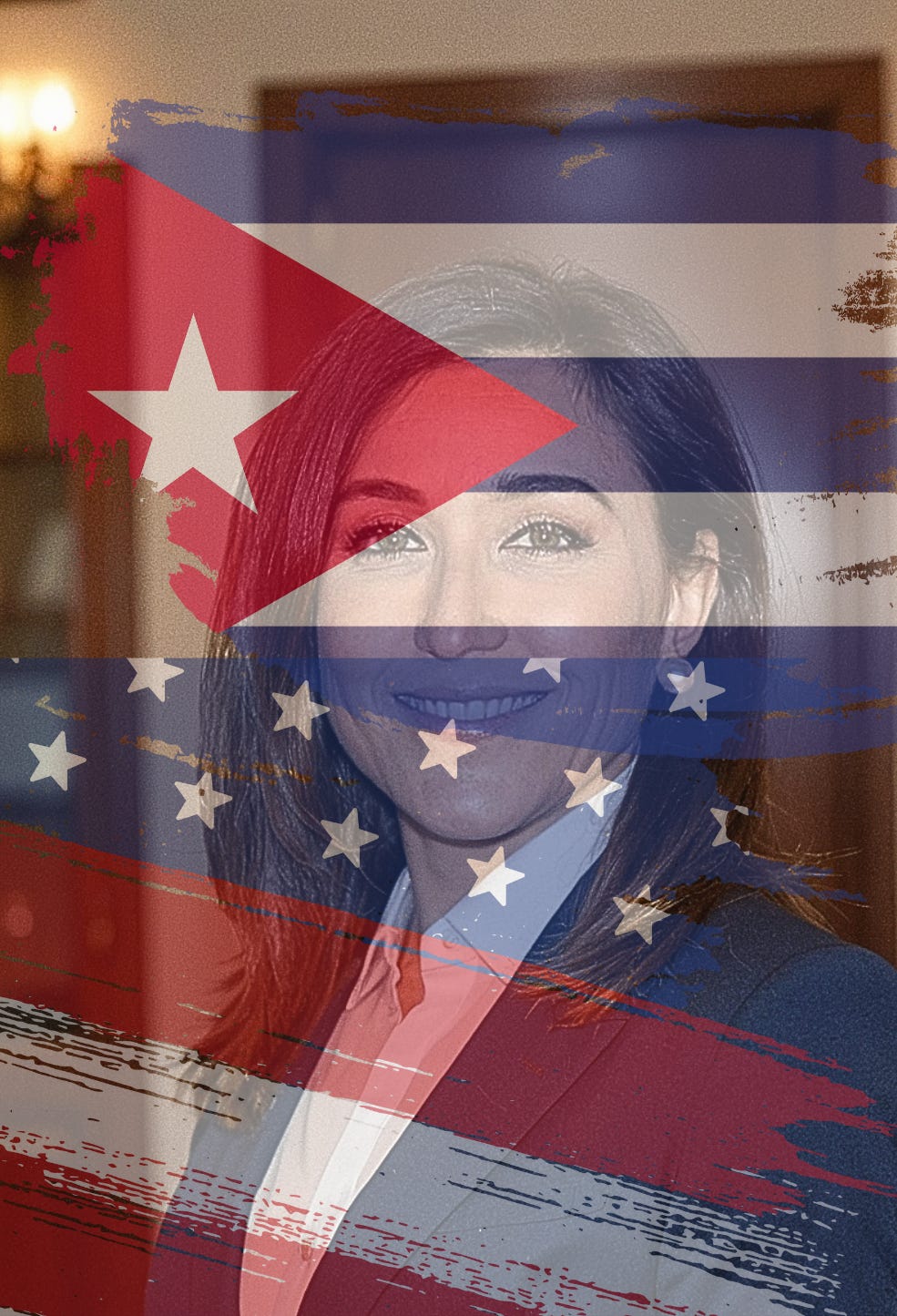By Teri Arvesu Gonzalez
On paper, that sounds impossible. But to me, it’s simply reality.
I wasn’t born in Cuba, yet I’m called Hispanic. And to some born in their countries of origin, I’m “too American.” I live in this liminal bicultural space where I’m never entirely from here or entirely from there.
But here’s the truth: living between worlds isn’t a deficit. It’s a superpower.
Why Integrative Complexity Matters
Psychologists call this capacity integrative complexity—the ability to recognize multiple, even contradictory perspectives, and integrate them into a coherent whole.
Research shows that people high in integrative complexity are more creative, better problem-solvers, and more adaptive leaders.
This isn’t just academic jargon—it’s a survival skill for bicultural Latinos.
Growing up Latina (Hispanic) in America, you quickly learn that binary thinking—oversimplifying for the comfort of others—doesn’t fit your life. The world wants you to pick a side.
Are you Hispanic or American? Are you ambitious or grateful? Dreamer or practical?
But neuroscience tells us something different: the brain thrives on nuance. When we hold two truths at once, the anterior cingulate cortex activates, supporting flexibility, resilience, and emotional regulation.
👉 Biology is built for both/and, not either/or.
The Cost of Choosing Sides
For Latinos born in the U.S., this dual identity can feel especially fraught. We’re sometimes told we’re “not Cuban enough,” “not Mexican enough,” or “too American.”
If someone strips away “Cuban,” “Mexican,” or “Colombian,” they attempt to erase our roots, our families, and our belonging.
But to fully accept being “too American” can feel like divorcing ourselves from heritage—and divorcing ourselves from wholeness.
That’s why I refuse to choose.
I write to understand this tension. To reclaim identity in a world obsessed with binaries. To remind myself—and others—that cultures evolve, people evolve, and the stories of who belongs must evolve, too.
From Burden to Bicultural Superpower
What once felt like a burden—never being entirely from here or there—has become my bicultural advantage.
As a journalist, my perspective gave me a bridge into communities others could never see. I could switch languages, codes, and cultural references seamlessly. I could ask questions others avoided because I understood why those questions mattered to both sides.
And research confirms it: bilingual, bicultural individuals show greater cognitive flexibility and may even delay the onset of dementia.
In a global business world where connection is currency, this isn’t just valuable—it’s essential.
The Courage to Be Both
Living as “both” isn’t always comfortable. There are moments of alienation, exhaustion, and longing to fit neatly into one category.
But I’d rather live in that discomfort than shrink into a box someone else built.
Because life is richer when you allow contradictory truths to coexist:
You can be ambitious and deeply grateful.
You can love the U.S. and fiercely honor the roots of your family.
You can respect your upbringing and question what no longer serves you.
You can be 100% Hispanic and 100% American.
Reclaiming Identity in a Binary World
Those of us who straddle cultures, languages, and identities carry a responsibility: to tell our stories.
Why? Because they challenge the binary thinking that limits everyone.
Identity isn’t about purity—it’s about connection. It’s not a fixed box to check—it’s an evolving story.
So the next time someone tries to force you into a single box, remember:
I identify as ME—with duality, complexity, and dimension. And that is a beautiful thing.
Sources
Tetlock, P. E. (1986). A value pluralism model of ideological reasoning. Journal of Personality and Social Psychology, 50(4), 819–827.
Bialystok, E. (2001). Bilingualism in Development: Language, Literacy, and Cognition. Cambridge University Press.
Botvinick, M. M., et al. (2001). Conflict monitoring and cognitive control. Psychological Review, 108(3), 624–652.
About the Author
Teri Arvesu González is the founder of The TAG Collab, a consultancy helping mission-driven companies align purpose, brand, and strategy from the inside out.
A Latina media executive with more than 25 years leading newsrooms in Miami and Chicago, she has launched national initiatives, built high-performing teams, and driven transformation across industries. She writes on Latina leadership, cultural duality, bicultural identity, and the neuroscience of resilience.
📌 Connect with Teri:










